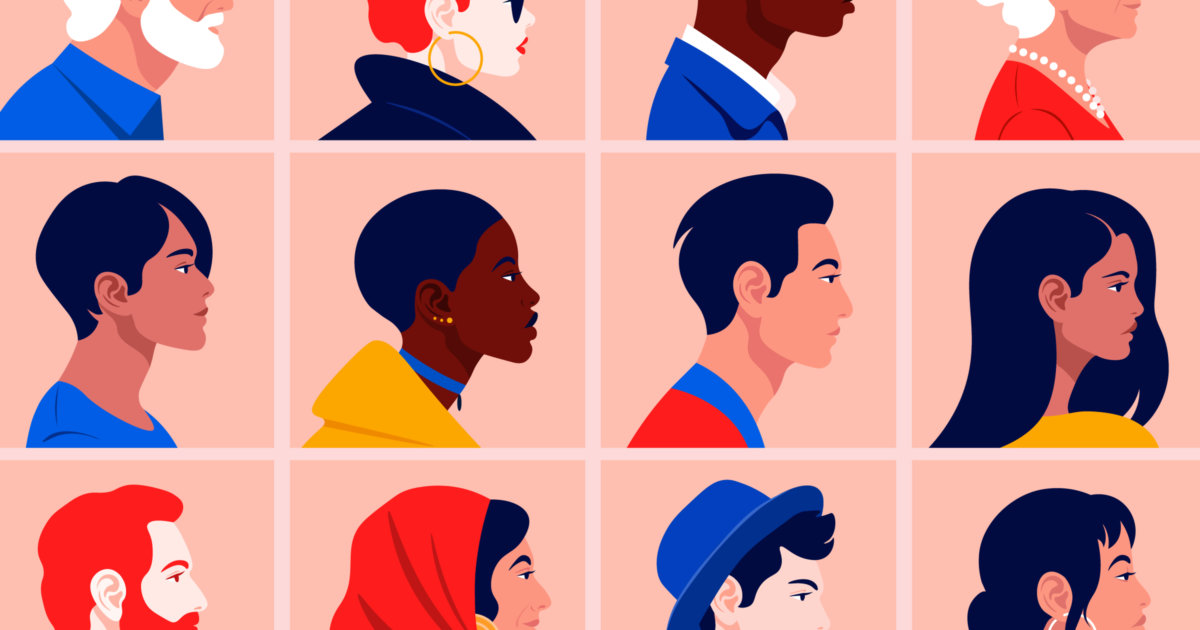Discrimination is one of the worst things that can happen in the workplace. People go into the office to try and make money for the necessities in their lives; they shouldn’t have to worry about being mistreated for things they can’t change in their lives. Unfortunately, most people of protected statuses say they’ve felt the effect of discrimination in their daily lives.
Here’s how to catch this mistreatment early in your workplace and how to turn it around so that it stops in its tracks.
Catch It In Hiring Practices
Hiring could be the largest perpetrator of discrimination, but it could also be the best place to stop it before entering the company. Please pay attention to which people get hired and what stands out most about them. For example, are they all one specific race or ethnicity, or do you notice that one specific protected status never gets introduced into the employee force? If so: human resources need to be thoroughly vetted for biases.
 On the other hand, when hiring, human resources also need to be diligent about the types of people allowed onto the teams. If they were let go of jobs because of discrimination or have clear behavioral issues, it’s up to HR to ensure they no longer need to stay with the company.
On the other hand, when hiring, human resources also need to be diligent about the types of people allowed onto the teams. If they were let go of jobs because of discrimination or have clear behavioral issues, it’s up to HR to ensure they no longer need to stay with the company.
Pay Attention to How Employees Interact
Watch how employees interact, and ensure that it’s work appropriate. For example, do you notice that some employees are more aggressive with their ‘jokes’ than others, or do you see that some others are left out of the conversation entirely? These could be warning signs of discrimination and should be taken seriously.
Listen to Employee Concerns and Complaints
Employee concerns or complaints when it comes to discrimination should be listened to. Ignoring these worries is one of the leading causes of discrimination cases since workers need to be heard and believed.
Watch Who Gets Promotions or Raises
When it’s time for promotions or raises, do you notice only a certain type of employee is put up for it? If so, this could be a warning sign of biases within the supervisors and leads that run the show. Therefore, it’s important to pay attention and ensure that workers get these perks based solely on merit and not on superficial things that make supervisors feel closer to them.
Train Heavily and Often
The top way to end discrimination is to ensure that there’s heavy training on interacting with coworkers. If you don’t train thoroughly and avoid updating employees at least once a year, they’ll grow lax, and those who are eager to discriminate will use this as an excuse to do so.
Take Complaints Seriously and Act on Them
Employee complaints shouldn’t be ignored. If someone is upset about something, listen to them and try to help them solve it. If they’re being discriminated against, consider firing the perpetrator or talking to the victim about what can be done to make this right in their eyes. Letting it go and hoping the perpetrator gets better isn’t an option.

